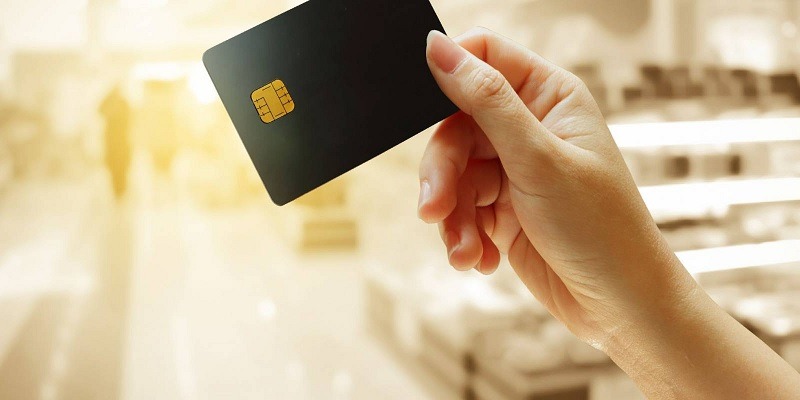 People are increasingly obtaining credit cards to use for their expenses and to build credit. You may be wondering, am I ready for a credit card? Check out this post to find out!
People are increasingly obtaining credit cards to use for their expenses and to build credit. You may be wondering, am I ready for a credit card? Check out this post to find out!
Confirm You Meet the Minimum Requirements
To qualify for a credit card, you must be at least 21, but if you have a verifiable source of income then it is at least 18 years old.
If you do not have income, you can apply for an account with a co-signer or become an authorized user on another person’s account. However, there is a chance that you could damage the other user’s credit if you make transactions that you cannot pay. Make sure you both understand the risks of co-signing or adding you on as an authorized person before continuing.
Decide If You’re Willing to Pay a Deposit
A secured credit card is a great way to start building your credit if you have little to no credit history. You would have to place a deposit that will serve as your credit line, protecting the credit card issuer in case you do not pay your bill. They would use the deposit to cover the amount you can’t pay.
Make Sure You’re Prepared for the Responsibility
Although you may meet all the qualifications to obtain a credit card, you may not be ready for one. You may have to think about whether or not you can maintain the minimum balance well and if you can make payments on time. It is best to pay your bill in full each month to avoid interest rates.
Pros & Cons of Credit Cards
Here are some factors that may help you with your decision:
Pros
- You’ll build credit history
- Credit is important in order to gain access to other lending products such as a mortgage or auto loan. It proves that you are responsible with managing your money and can make payments on time. The easiest way to do this is through a credit card.
- You’ll be shielded from fraud liability
- If your account information is stolen, credit cards provide less fraud liability and risk than debit cards. Most credit cards have policies that state you will not be liable for any fraudulent transactions that occur or for no more than $50 worth of transactions that occur prior to reporting the fraud by law.
- With debit cards, you may be liable for the entire stolen amount and your checking account funds will not be available to you during the investigation.
- You don’t have to carry cash when traveling
- Credit cards and more convenient and safer than carrying cash and some do not charge foreign transaction fees. This means you can withdraw cash from ATMs or exchange cash with your card when traveling abroad.
- You could earn cash back or travel rewards
- Just for spending your card like you do everyday, you can earn cash back or points to redeem later on flights, hotels, and more! Remember to avoid carrying a balance, so that what you earn will not be canceled out by interest payments.
Cons
- You may be tempted to overspend
- You should not buy things you can’t afford, or else you will have a balance that you cannot pay off, incurring interest payments. Only spend what you know you can fully pay off by the due date.
- You could feel more overwhelmed by bills
- If you are already paying off many bills, such as rent, car loans, and utilities, a credit card may seem like your salvation. However, you may quickly realize it is not the best solution. Focus first on building a budget before getting a credit card.
- You may not be ready for plastic
- If the idea of credit scores, credit reports, how interest works, and other concepts associated with credit cards baffles you, it may be best to wait before getting a credit card. If you use your card improperly, you could be putting your credit score at risk, affecting how you get loans and such.
 |
 |
 |
 |
Bottom Line
Credit Cards can be very beneficial, but there are some downsides if you do not properly know how to use it. You may need to weigh the pros and cons to see if you are fit to handle a credit card at this time.
For more information on banking, check out our bank guides!



Leave a Reply